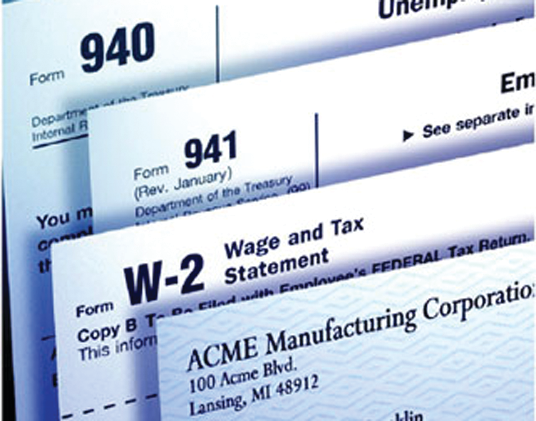The deadline relating to a recent tax break may be sneaking up on you and your clients. Businesses have until December 31, 2022, to meet their obligations for federal payroll taxes deferred from as far back as 2020. If a business fails to comply, it may be hit with a hefty tax penalty.
Background: Both employees and employers are responsible for paying their fair share of federal payroll taxes. There are two main components:
1. Social Security tax portion: The 6.2% Social Security portion of payroll tax applies to amounts up to an annual wage base. The wage base for 2022 is $147,000.
2. Medicare tax portion: The 1.45% Medicare portion of payroll tax applies to all wages,
Thus, if an employee is paid $200,000 in wages in 2022, the Social Security tax portion is $9,114 (6.2% of $147,000) and the Medicare portion is $2,900 (1.45% of $200,000), for a total tax of $12,014.
Tax relief: Congress granted a reprieve for businesses struggling during the pandemic. Under the Coronavirus Aid, Relief, and Economic Security (CARES) Act, an employer could defer its share of the Social Security tax portion of federal payroll taxes for the period spanning March 27, 2020, through December 31, 2020. Half of the deferred amount was due at the end of 2021 and the other half must be paid by the end of 2022.
Subsequently, the American Rescue Plan Act (the ARPA) extended this payroll tax deferral break for wages paid from January 1, 2021 through December 31, 2022.
But the day of reckoning is arriving soon. Businesses have until the clock strikes midnight on December 31, 2022, to pay the remaining deferred amount. Most businesses should have already made a payment for the first half of the deferred tax.
If a business doesn’t pay the payroll taxes in time, the penalty is equal to 10% of the entire deferred amount. For example if a business deferred $100,000, the penalty is $10,000. If the business doesn’t deposit the taxes within ten days of the IRS issuing a notice, the penalty is increased to 15%.
Reminder: There is no payroll tax deferral for wages paid in 2022. So, a business must meet its regular obligations for wages paid during this year in addition to paying the deferred tax.
Thanks for reading CPA Practice Advisor!
Subscribe Already registered? Log In
Need more information? Read the FAQs
Tags: Income Taxes, Payroll, Payroll Taxes, Taxes





